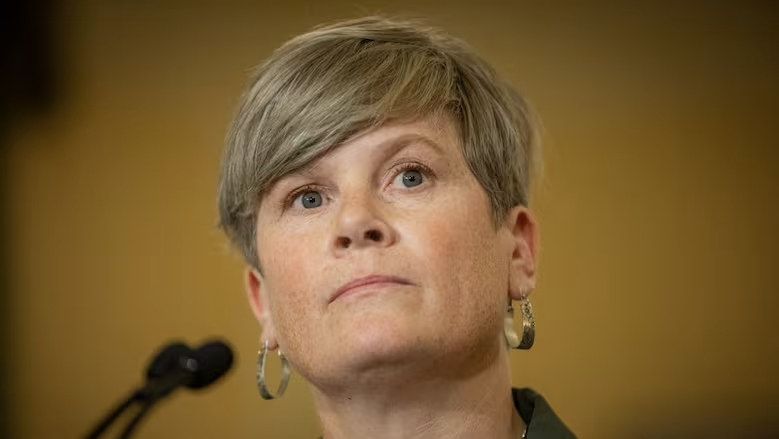B.C. Health-Care Workers Welcome Review of Administrative Costs to Prioritize Frontline Resources
Subhadarshi Tripathy
1/20/20252 min read


Health-care workers and advocacy groups in British Columbia are welcoming a renewed focus on reducing administrative costs in the province’s health-care system. The commitment is part of Health Minister Josie Osborne's mandate from Premier David Eby, which prioritizes addressing worker shortages and ensuring universal access to primary care.
The review includes examining the role and expenditures of B.C.'s seven health-care authorities, which critics claim are burdened by excessive bureaucracy.
“We made the commitment to review health authorities,” Osborne told CBC News, adding that the review will explore ways to cut administrative costs while maintaining services tailored to regional needs.
Calls for Administrative Reform
According to the Canadian Institute for Health Information, B.C. spent $1.8 billion on health-care administration in 2022, just $100,000 less than Quebec, which serves 3.5 million more people. Critics, including Conservative finance critic Peter Milobar, argue the province has over 70 vice-presidents in health administration compared to Alberta's seven.
“There's been a massive growth in bureaucracy over the last seven years,” Milobar said, adding that this has contributed to fiscal inefficiencies.
The B.C. Greens, who support a review of health authority expenditure, have also criticized the system, citing the need to eliminate positions with vague job descriptions and streamline resources.
Primary Care Challenges
Doctors representing primary care providers have welcomed Osborne’s mandate and are urging the government to continue focusing on improving access to family doctors.
Dr. Darren Joneson, president-elect of B.C. Family Doctors, praised the implementation of the 2023 longitudinal doctor payment model, which has led to 250,000 more British Columbians being attached to a family doctor.
However, Joneson emphasized the need to expand team-based primary care models to reduce the administrative burden on physicians.
“Team-based care can improve patient outcomes and reduce the workload for family doctors, ensuring more efficient use of resources,” Joneson said.
Nursing Crisis and Safety Concerns
The B.C. Nurses' Union echoed the call for better resource allocation, with president Adriane Gear welcoming the government’s pledge to implement minimum nurse-to-patient ratios.
“We need to recruit thousands of nurses to make this a reality,” Gear said, highlighting that burnout and safety concerns are driving nurses away from the profession.
Gear criticized the reliance on private agency nurses, particularly in rural areas, where emergency room closures have necessitated costly travel nurses.
“For-profit companies are exploiting the situation, charging exorbitant amounts while frontline nurses are overwhelmed,” she said.
Moving Forward
Osborne defended the use of travel nurses as a short-term measure to keep emergency rooms operational but emphasized the long-term goal of recruiting locally hired nurses.
The review of health-care administration is expected to provide insights into streamlining resources while maintaining patient care standards.
“Our goal is to ensure British Columbians receive the care they need without unnecessary administrative costs draining resources from the frontline,” Osborne said.
Health-care professionals and advocates remain hopeful that the review will lead to meaningful changes that address systemic issues and improve outcomes for both patients and workers.
News
Stay updated with the latest BC news stories, subscribe to our newsletter today.
SUBSCRIBE
© 2025 Innovatory Labs Inc.. All rights reserved.
LINKS
